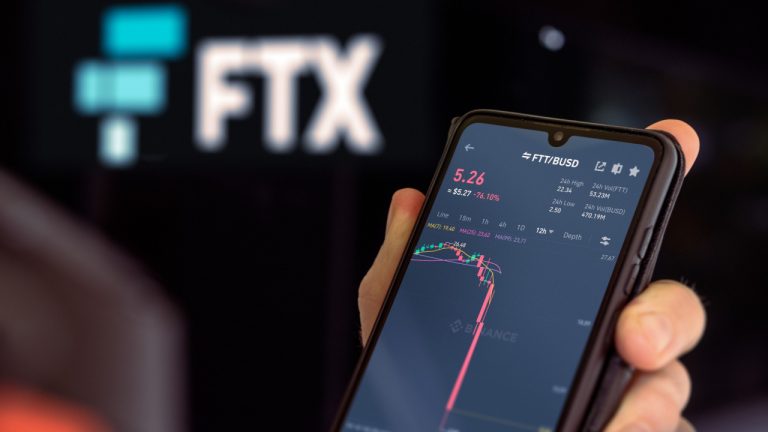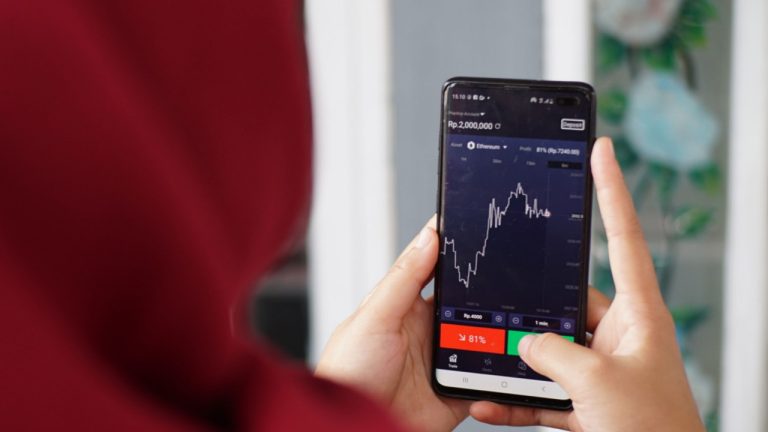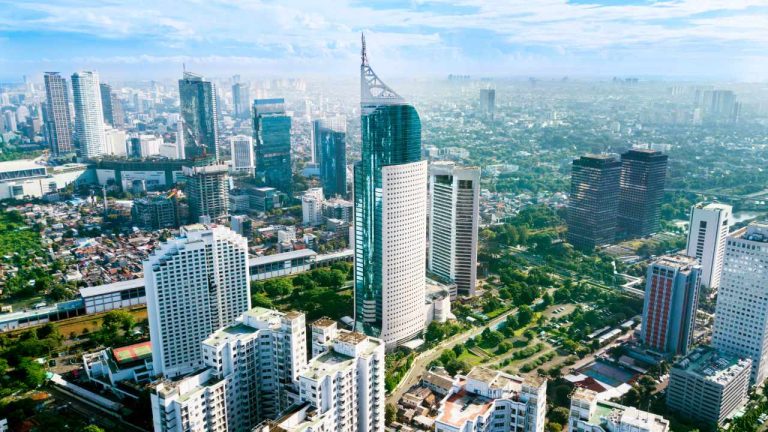
Alchemy Pay has partnered with a local fintech in Indonesia to offer low-cost remittances for crypto users.
Alchemy Pay has obtained a license from the central bank of Indonesia to operate remittances and fund transfers in cooperation with local fintech firm Berkah Digital Pembayaran.
Announcing the news on Feb. 27, Alchemy Pay noted that Bank Indonesia issued the licenses jointly to Alchemy Pay and Berkah Digital’s platform BDPay, enabling the firms to offer better payout methods and reduce associated operating costs.
Fiat-to-crypto payment provider Alchemy Pay is expanding services in Asia by scoring new regulatory approval in Indonesia.
Exciting news! #AlchemyPay and @mybdpay have jointly received license from the Central Bank of Indonesia to operate remittances and fund transfers.
— Alchemy Pay|$ACH: Fiat-Crypto Payment Gateway (@AlchemyPay) February 27, 2023
Read more at: https://t.co/FFkC5Jvv2Y$ACH
According to data from the official website of Bank Indonesia, Berkah Digital has been listed as a payment service provider under license category three. The firm is mainly known for its BDPay platform, which offers retail and corporate clients local and cross-border remittance services. The platform also provides client payroll services and transfers via bank application programming interfaces, allowing users to transfer to 136 banks in Indonesia.
Alchemy Pay’s cryptocurrency on-ramp supports payments via Mastercard, Visa, Google Pay, Apple Pay and a number of other regional mobile wallets like BDPay. The platform so far operates in 173 countries.
Related: Mastercard to allow crypto payments in Web3 via USDC settlements
Established in 2018 in Singapore, Alchemy Pay is a major global crypto-to-fiat payment platform known for partnerships with crypto giants like Binance exchange. The firm also operates its own utility token, Alchemy Pay (ACH), issued on the Ethereum blockchain. ACH is a major part of the Alchemy Pay network, providing transaction fees, network rewards and other processes.













